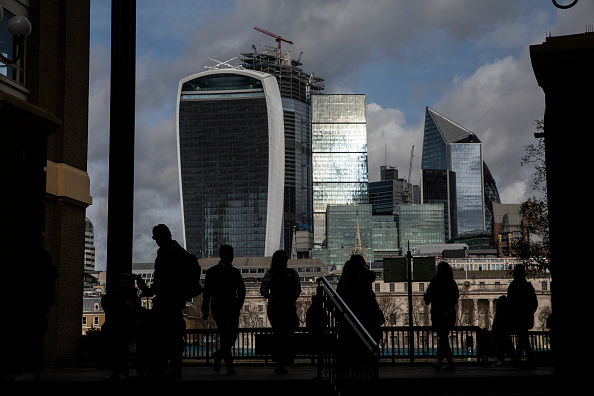Welcome the rise of retail investors: with more market knowledge, they’re well poised for growth

As bond prices tumbled in September, retail investors in the UK spotted an opportunity. They made the most of the sharp drop in prices and bought up four times as many bonds as the year before, increasing their exposure to the asset class and diversifying their portfolios.
Though it might surprise people who associate do-it-yourself investors with meme stocks and crypto, it illustrates how they’ve become more sophisticated with the end of the pandemic-era bull market.
But how did we get here in the first place? All the stars were aligned in 2020 for the retail investing boom to happen. Homebound people – flush with cash from government support programmes and enticed by a sharp equity rally – flocked to online trading in record numbers. The growth of low-cost brokerage platforms and the advent of fractional shares trading only encouraged the move.
Until early this year, this new cohort of individuals had really only been exposed to a certain kind of market – one pumped up on central bank steroids in the form of ultra-loose monetary policy like extremely low interest rates and massive bond-buying programmes.
That juiced market, coupled with other factors such as retail traders banding together online, helped fuel the highly publicised “meme stock mania” in 2021. You no doubt remember the frenzy: it was when GameStop and AMC Entertainment suddenly gained a cult-like following among individual investors who, in turn, pushed the stocks’ prices into the stratosphere.
But the meme-stock persona is hardly this whole group. The trading volumes of meme stocks and the frequency of those events have declined quite dramatically. What we’re seeing instead is that retail investors are increasingly taking longer-term and better-informed views. This is partly out of necessity: gone are the days when investors could expect asset prices to only go up. Now they have to reposition themselves for higher interest rates, a potential economic downturn, and more.
When UK retail investors rushed to buy bonds in September, that was just one example of how they’re becoming more sophisticated – closely following the news and opportunistically adjusting their portfolios. They’re also increasingly taking a long-term investment approach using index funds – low-cost, passively managed portfolios that replicate the performance of a particular market or benchmark. Because they’re well-diversified, index funds tend to come with less volatility than investing in individual tech stocks or crypto. Our latest Modern Investor Pulse survey found that 58 per cent of respondents plan to invest in index funds, up from 36 per cent three months ago.
Retail investors are here to stay, with perseverance arguably even more important in today’s economic environment. Individuals are seeing their savings eroded by inflation, and they understand that investing in financial markets is the best way to grow their wealth over the long term.
That’s been made easier by the recent democratisation of financial markets. People have obtained easier access to markets through low- or zero-cost brokerages, fractional shares and easy-to-use apps. Yet there’s clearly more work to be done here. For example, private equity has delivered some of the best returns of any asset class, but it largely excludes ordinary savers in favour of heavy-punching institutional investors and high-net-worth individuals. This is a classic example of how the rich get richer.
We also have fairer access to high-quality information, so we can make better investment decisions by ourselves. Three-quarters of current retail investors would invest more if they had more opportunities to learn about the process, according to a BNY Mellon and World Economic Forum Global Retail Investing survey. Among those who aren’t currently investing, 70 per cent said education would make them more likely to do so.
The finance community now has its chance to prioritise the democratisation of information.
This, combined with increased access to markets and enhanced trust between individuals and financial institutions, will allow a new wave of retail investors to grow.
